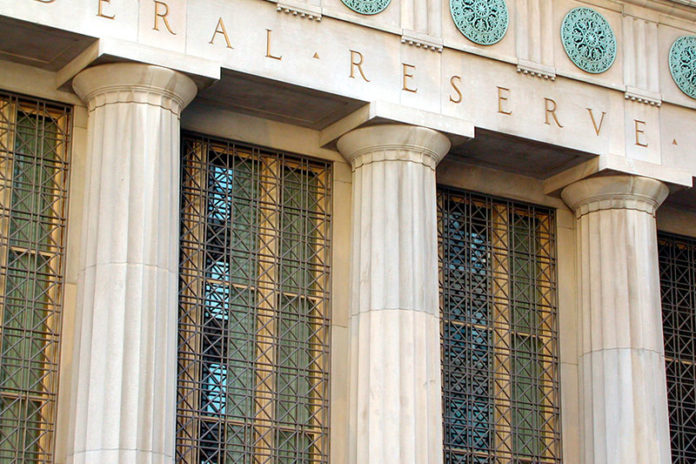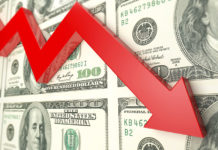High rates of corporate taxes have severely impacted the Entrepreneurship in the U.S., a study by the Federal Reserve revealed.
“While there are many actions governments may take to affect entrepreneurship, few are as important or contentiously debated as the setting of tax policy,” the study paper explains. “Taxes are viewed by many as the primary lever elected officials have at their disposal to change the business environment, promote growth, and encourage innovation.”
The study went on to observe the counties that had changed to their state corporate, personal or the sales tax rates and also on how the entrepreneurial activities are affected when compared to the counties who experienced no changes in tax rates. The study went forth to define entrepreneurs and the startups as business activities that are ongoing for at least 2 years and more.
“We find that increases in corporate tax rates have a statistically and economically significant negative effect on employment among startup firms,” the study explained. “Specifically, for every one percentage point increase in the corporate tax rate employment in startup firms declines 3.7 percent.”
As per the Federal Reserve, the new firm activity is now responsive to the corporate tax hiccups but it still has no way to detect the effects of their personal tax rates. Whereas, the sales taxes are having a very negative effect and are statistically insignificant.
“Entrepreneurship plays a vital role in the economy, yet there exists little well-identified research into the effects of taxes on startup activity,” the paper explains. “Using recently developed county-level data on startups, we examine the effect of states’ corporate, personal, and sales tax rates on new firm activity and test for cross-border spillovers in response to these policies. We find that new firm employment is negatively—and disproportionately—affected by corporate tax rates.”
The study further found that the enterpreneurs are affected negatively because of the corporate tax rates. , as the potential job creators would determine the amounts of the investment required upfront and which are not experiencing tax deductibility.
“Tax liability reduces economic profits, restricting the set of potential entrepreneurs whose likely profits exceed entry costs,” the study explained. “Tax policy affects labor demand via the dependence of firm-level labor demand on other production or revenue factors.”
Furthermore, the details covered by the study points to all the previous researches that find self-employment to be affected by the complexity of the tax codes. The corporate tax rates have reduced the research and development and the new product development.
“We explore the effect of state tax policies on startup activity, finding that entrepreneurship is particularly sensitive to changes in corporate tax rates,” the study stated. “Startups are seen to be more sensitive to these tax changes than incumbent firms.”
“Understanding the role of policy in fostering entrepreneurial activity is important in light of the key role played by young businesses in job creation, productivity, and occupational choices,” the Federal Reserve said.





























